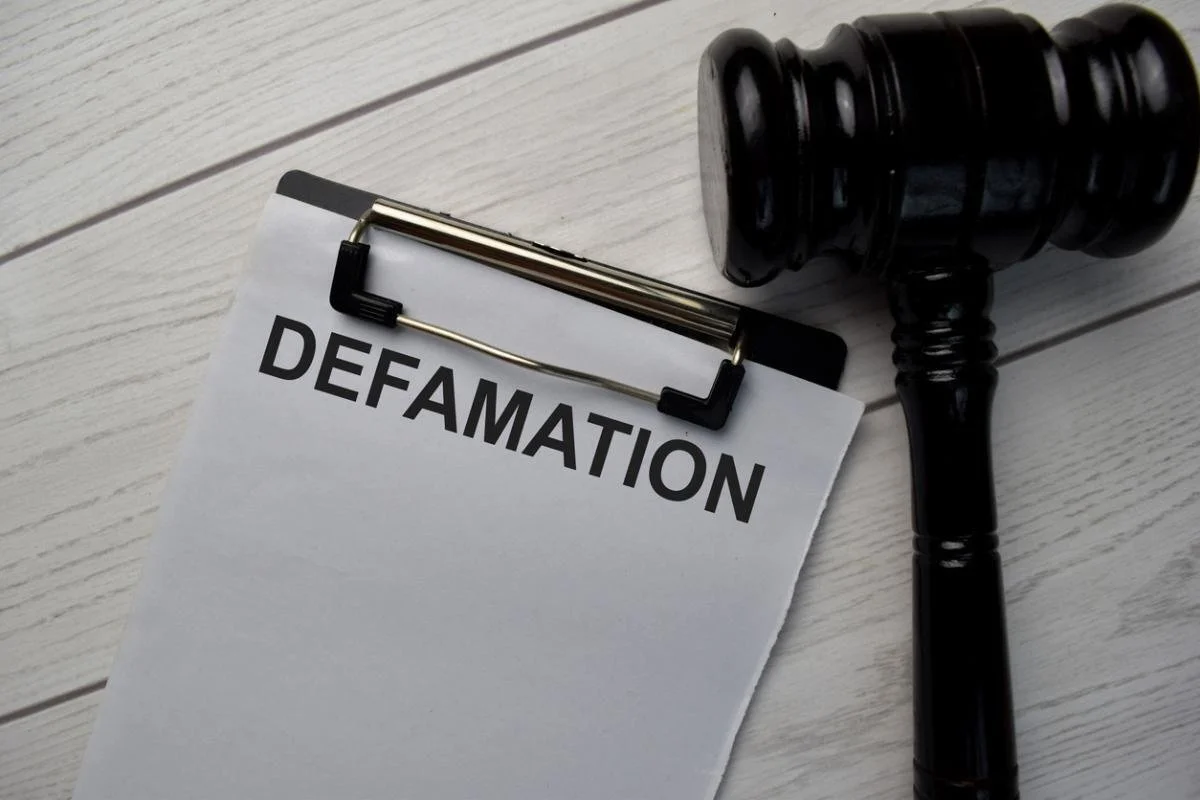FedEx’s $240 Million Settlement: Driver Misclassification and Overtime Rights
/In 2016, FedEx Ground agreed to pay a $240 million settlement. One of the largest wage and hour settlements over the past decade, the settlement resolved cases in litigation across 20 states. The FedEx lawsuits alleged that the company misclassified thousands of workers across the nation. Classified as independent contractors, FedEx drivers were allegedly denied overtime pay, benefits, and other legal protections to which employees are entitled under state and federal employment law.
Case: Carlene M. Craig et al v. FedEx Ground Package System, Inc. et al
Court: District Court for the Northern District of Indiana
Case No.: 3:05-cv-00530-RLM-CAN
The Plaintiff: Craig v. FedEx Ground Package System, Inc.
Carlene M. Craig and thousands of other FedEx drivers brought claims, arguing they were treated like employees in practice but denied the pay and benefits to which employees are entitled under the law. They alleged that FedEx’s contractor model was designed to cut costs while shifting the burden of employment expenses onto workers.
The Defendant: Craig v. FedEx Ground Package System, Inc.
FedEx Ground Package System, Inc. is the shipping giant’s ground delivery division. The company classified drivers as “independent contractors.” However, FedEx drivers were required to wear uniforms, follow company policies and procedures, and drive FedEx vehicles. By labeling drivers as contractors, FedEx avoided paying overtime, payroll taxes, and providing employee benefits.
A History of the Case: Craig v. FedEx Ground Package System, Inc.
The misclassification lawsuits were filed in multiple states beginning in the early 2000s. Courts repeatedly found that FedEx exerted significant control over drivers’ day-to-day work, making them employees under labor laws. In 2015, the Ninth Circuit Court of Appeals ruled that FedEx drivers in Oregon and California did not meet the legal requirements and definitions of "independent contractor," but were, in fact, employees.
Facing mounting legal setbacks, FedEx agreed in 2016 to a $240 million global settlement covering claims in 20 states. The global settlement followed a $226 million settlement in California reached the year before, bringing FedEx’s total payouts in these cases to nearly $466 million.
The Main Question Being Considered: Craig v. FedEx
The central issue was whether FedEx drivers were truly independent contractors or employees. Courts evaluated the degree of control FedEx exercised over drivers’ schedules, uniforms, vehicles, and work methods. Ultimately, appellate rulings determined that FedEx’s level of control made drivers employees under the law, entitling them to overtime pay and other protections.
Why This Case Matters: Craig v. FedEx Ground Package System, Inc.
This settlement is a landmark in wage and hour law. It underscores that employers cannot simply label workers “independent contractors” to avoid legal responsibilities. For employees, the case demonstrates that overtime and wage protections apply based on the reality of the working relationship—not the title an employer uses. FedEx’s payout also forced the company to change its business model, shifting away from direct driver misclassification practices.
FAQ: Craig v. FedEx Ground Package System, Inc.
Q: What was the FedEx misclassification settlement about?
A: The settlement resolved claims that FedEx delivery drivers were misclassified, and that the misclassification as independent contractors denied drivers overtime pay and benefits.
Q: How much did FedEx agree to pay?
A: FedEx paid $240 million in 2016 to settle lawsuits in 20 states, on top of a $226 million California settlement the prior year.
Q: How many drivers were affected?
A: Approximately 12,000 FedEx Ground drivers shared in the settlement.
Q: What legal standard did courts use to decide the case?
A: Courts focused on the degree of control FedEx had over drivers’ uniforms, vehicles, schedules, and work methods, finding they were employees under labor law.
Q: Why does this case matter for workers today?
A: It shows that workers may be entitled to employee protections even if their employer labels them as contractors.
If you have questions about misclassification, overtime rights, or filing a California class action, contact Blumenthal Nordrehaug Bhowmik DeBlouw LLP. Experienced employment law attorneys are ready to help at offices in Los Angeles, San Diego, San Francisco, Sacramento, Riverside, and Chicago.










